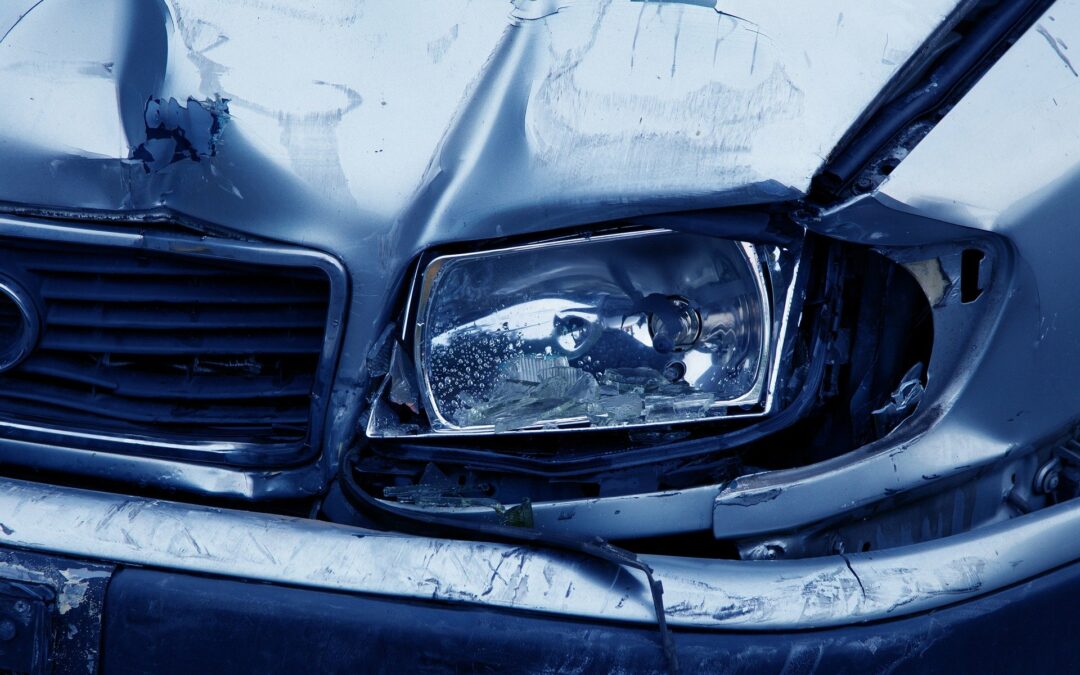Are there limits on a car accident? If you have suffered injuries in a Georgia car accident through no fault of your own, you may be entitled to recover financial damages. Although there are some limitations on the damages you could recover through a lawsuit or an insurance claim, your potential compensation is fairly open-ended under state law.
When it comes to a lawsuit, most of the damages available to you are at the discretion of the jury. While the Georgia legislature previously attempted to enact damage caps on pain and suffering compensation, those caps were overturned by the state supreme court. Outside of some limits on punitive damages, the compensation you acquire with the help of a dedicated attorney is only limited by what the jury deems fair.
There are limitations on the compensation you might recover through a liability insurance claim, however. While state law does not limit your recovery, the other driver’s insurance policy has a maximum amount of benefits available. Consider the following factors that impact where there are limits on damages that can be collected after an auto accident in Georgia.
PAIN AND SUFFERING DAMAGES
For years, there was no limit placed upon pain and suffering compensation under Georgia law. That changed in 2005 when the legislature enacted strict damage caps on non-economic damages. While this statute did not place limits on compensation for medical bills or lost wages, damages for pain and suffering were limited, no matter what the jury felt was fair.
Thankfully, in 2010 the Georgia Supreme Court struck down the statute capping pain and suffering compensation. The court ruled that the caps violated a plaintiff’s right to a jury trial. By limiting the decisions available to a jury, the statute violated the state constitution. To date, there are no limits placed on pain and suffering compensation under state law.
PUNITIVE DAMAGES
There are, however, some limitations on punitive damages under state law. Unlike other types of damages, punitive damages do not exist to compensate a plaintiff. Instead, they are a form of punishment intended by the jury to dissuade parties from similar behavior in the future. Unlike with other types of damages, there is a hard limit on punitive damages. This form of compensation is exceedingly rare and is often not available in personal injury claims.
That said, there are exceptions to this limit. One of those exceptions involves injury claims against drunken drivers. There is no cap on punitive damages if the jury determines an intoxicated driver caused injuries to another person.
INSURANCE POLICY LIMITS
There are other limits on damages that could impact an injury claim. Specifically, there are policy limits on the amount of compensation an injured person could recover from the at-fault driver’s insurance policy. These policies carry limits, which are the maximum amount an insurance company is required to pay on behalf of their clients. Insurance policy limits might be the maximum amount the insurer is obligated to pay, but a plaintiff has the right to seek damages above the policy limits directly from the at-fault party.
DISCUSS THE LIMITS ON YOUR AUTO ACCIDENT RECOVERY WITH AN ATTORNEY
For the most part, there are few limits on the compensation available to you following an auto accident. Even the cap on punitive damages does not apply in many car accident cases. To discuss the potential damage limits in your case, reach out to a personal injury attorney right away.







